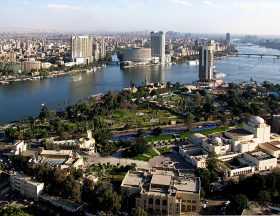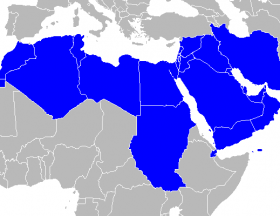To respond to higher than expected inflation, the Central Bank of Egypt decided to restrict money outflows by banks. A trade-off that occurs when economic actors need capital to strengthen local production and reduce external dependence.
The Central Bank of Egypt raised its key rates by 100 basis points to 9.75%, we learn from an official press release published on March 21. The institution’s Monetary Policy Steering Committee explains this decision taken during an exceptional meeting by the effects of covid-19 on prices, aggravated by the Ukrainian crisis.
“Global inflationary pressures began to build after the global economy emerged from the disruptions caused by covid-19. These pressures have been amplified with the recent Russia-Ukraine conflict,” reads the statement released by the institution.
Indeed, according to data from the Egyptian institution in charge of producing statistics, the rise in prices on an annual basis accelerated in February 2022 in the cities, to reach 8.8%. This is the highest threshold for this indicator since June 2019. At the national level, the price increase reached 10%.
It is not excluded that the fight against inflationary pressures will have a negative impact on the cost of credit, in particular for small economic agents such as households and SMEs. Egypt again finds itself having to make difficult trade-offs internally, due to factors and circumstances external to it.











Réagissez à cet article